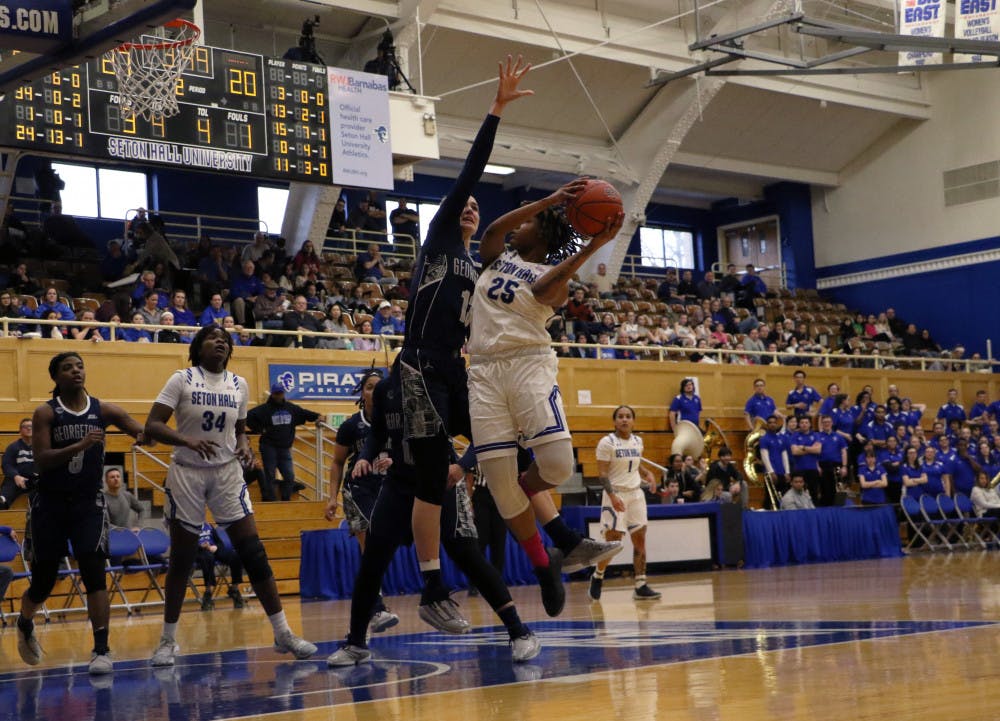Bud Selig's tenure as commissioner of Major League Baseball has been largely successful for a number of reasons, none of which have anything to do with his public relations skills, or lack thereof.
This past weekend, the New York Mets and Chicago Cubs played in a nationally televised game on the 10th anniversary of the September 11 attacks with an emotional pregame ceremony. Ten years ago, the Mets were the first team to take the field in New York following the attacks when they played the Atlanta Braves, how fitting on September 21 at Shea Stadium. That night, they wore caps to honor the heroes and first responders.
The Mets asked for league permission this year to once again wear caps owned by first responders during the game, but this time the league said no.
According to the Selig, the decision was due in large part to the league's strict policy on what can and cannot be worn during games. The league also argued that commemorative hats with the American flag were given to all players to be worn during the game anyway.
Our beloved commissioner missed the point on this one.
Selig played a major role in the introduction of interleague play in 1997 and the addition of the Arizona Diamondbacks and Tampa Bay Devil Rays just a year later. His stricter policy on performance enhancing supplements was lauded by many at a time where a cleanup around the league was in dire need.
Despite having a firm grasp on the mechanical needs of the game and league functionality as a whole, Selig still seems to have an issue avoiding PR nightmares. Back in 2002, his controversial decision to end the All-Star Game in a tie was met with heavy criticism. Selig even referred to his decision as "embarrassing" and said "it won't happen again."
Maybe we won't see another tie, but another PR disaster? You got it.
The denial in itself may be part of the league's policy, but the decision burns deeper than simply a rule jotted down in a book somewhere.
Major League Baseball receives all of their team caps from New Era with whom they have a lucrative partnership. All hats worn on the field are sold through New Era, thus kicking back some cash to the league.
Not surprisingly, the league has flip flopped on this issue once before.
Back in 2007, after the Virginia Tech shootings, Selig allowed the Washington Nationals to wear hats with the Virginia Tech school logo on the side. The decision was made just hours before the game.
Several weeks ago, however, the Nationals asked to wear caps honoring the Navy SEALs whose lives were taken in a horrific chopper crash in Afghanistan. This time, Selig brought down his iron fist with an emphatic ‘no.'
Where is the precedent? Does Bud Selig think it's perfectly acceptable to decide which tragedies deserve honoring and which do not?
In the end, not being able to wear the hat does not diminish anything that the Mets have done to honor the first responders from that tragic day. The team still pulled off a flawlessly beautiful pregame ceremony.
However, it does leave a sour taste in our mouths as Americans and as baseball fans, to have a commissioner who lacks the common sense needed to soften the blow of tragedies like these.
Baseball will always be America's pastime, but if Bud Selig continually cares for his wallet more than his fans, will anyone even care anymore?
John Lopiano is a senior journalism major from Brooklyn, NY. He can be reached at john.lopiano@student.shu.edu.





